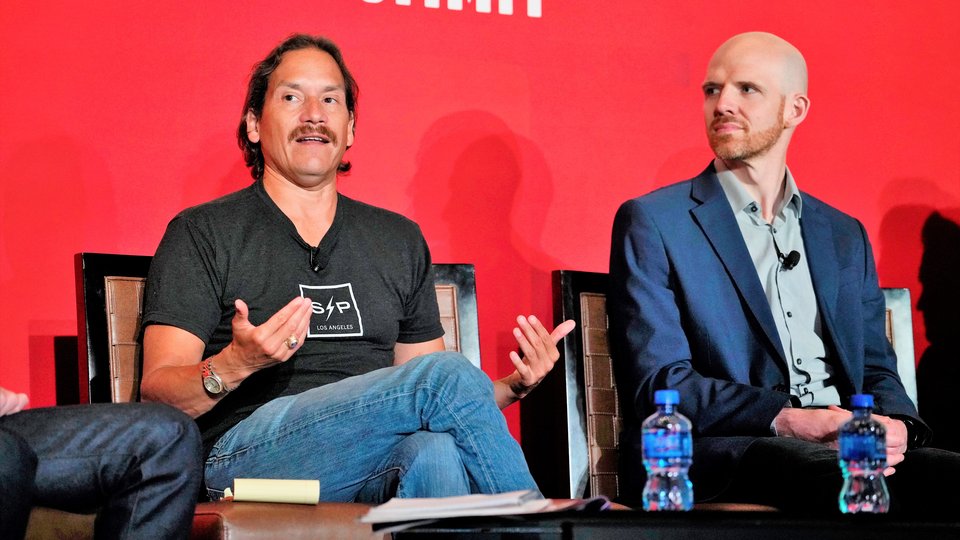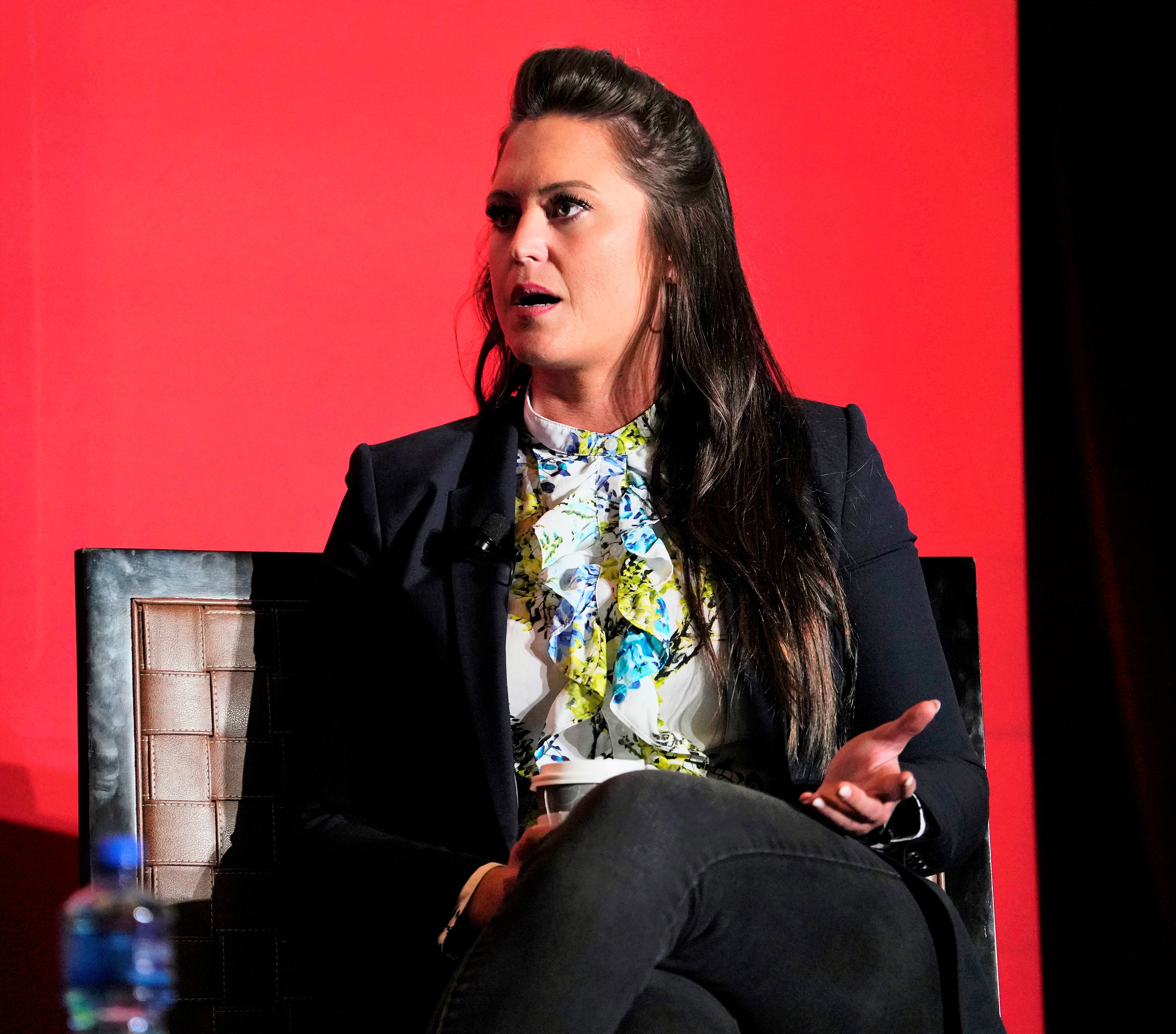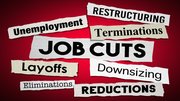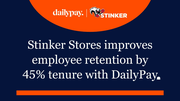Article
Need new ideas? Panelists weigh in on stimulating creativity
A panel during the Interactive Customer Experience Summit in Dallas offered several ideas that have been used to support innovation in the customer experience industry.

June 7, 2019 by Elliot Maras — Editor, Kiosk Marketplace & Vending Times
"Innovate or die." Many observers agree the mantra rules business, and the ideas for driving innovation are too numerous for most companies to master. That being said, a panel during the Interactive Customer Experience Summit in Dallas offered several ideas that have been used to support innovation in the customer experience industry. Christopher Hall, managing director of the ICX Association, moderated the panel.
Much of the discussion centered on creating a culture that stimulates new ideas and a willingness to execute them.
In addition to having leaders who are supportive of such a culture, Pei Wei Asian Kitchen also avails itself of data insights, a willingness to take risks and "heroic" leadership, said Brandon Solano, the company's chief marketing and digital officer. "Pei Wei is killing it with cauliflower rice," he offered as an example of what these organizational qualities have delivered.
Having a work environment that offers a sense of stability that also challenges people will attract creative types, said Dave Markey, associate creative director at Cedar Fair Entertainment. Such an environment fosters creative thinking as opposed to "beating it out of them," he said.
Different creative types
Markey identified two types of creative people: the "firehose" type that generates a large volume of ideas, and the "refiner" or "pruner" type that gives fewer but better formed ideas. "It's good to have both," he said.
 |
| Rachel Layton stresses the need for internal communication. Photo by Jon Cullen. |
Rachel Layton, vice president of marketing and growth at Taziki's Mediterranean Cafe, said creative types should not be confused with artistic ones. Artistic people are private and individualistic. Layton said she seeks people who are passionate about giving good service, people who will rush to help a co-worker with a task.
The panelists agreed that to take risks, it is necessary to be willing to fail. The culture should support a team that is willing to "fail fast," Layton said.
Such an environment requires a high level of communication, she said. In addition, she said, the team should have a back up plan for when an idea fails.
Different ideas needed
"That culture has to allow for dissent," Solano said. Creative people will not stay at a company where their ideas are not heard.
Solano cited two different types of errors that can occur in executing a new idea: the type 1 error is when something tested doesn't work, while the "statistical type 2" error is one that is based on faulty research. "Type 2 errors die slow deaths on cutting room floors," he said.
A company should have a process for suggesting and approving new ideas, the panelists agreed, even when not everyone agrees on the idea.
There is also the "skunk work" approach — testing an idea without getting the proper permission, Markey noted. This can have ramifications for the perpetrator, but it has been known to deliver results. "We (sometimes) find a win in there," he said, adding, "It might not be the win you were looking for."
Consider existing resources
Soliciting input from customers can be helpful, but Markey urged his listeners to keep in mind guests don't always tell you what you need to know. He quoted Henry Ford, who once said if he had asked people what they wanted, they would have answered, "faster horses."
For franchise organizations, franchisees oftentimes suggest creative ideas, Solano said. Ray Kroc, the legendary owner of McDonald's who is credited with establishing the McDonald's empire, reportedly resisted the fish filet sandwich, a franchisee's idea that became a menu mainstay, Solano said.
Layton, who likes to test new ideas as soon as possible, said she has found it helpful to place people in charge of testing their own ideas.
She also suggested making sure a new idea is consistent with a company's core identity.
One area where the panelists admitted they couldn't offer helpful suggestions is making the creative process easy. "Nothing about new ideas is easy," Layton said.
About Elliot Maras
Elliot Maras is the editor of Kiosk Marketplace and Vending Times. He brings three decades covering unattended retail and commercial foodservice.
 ChatGPT
ChatGPT Grok
Grok Perplexity
Perplexity Claude
Claude




